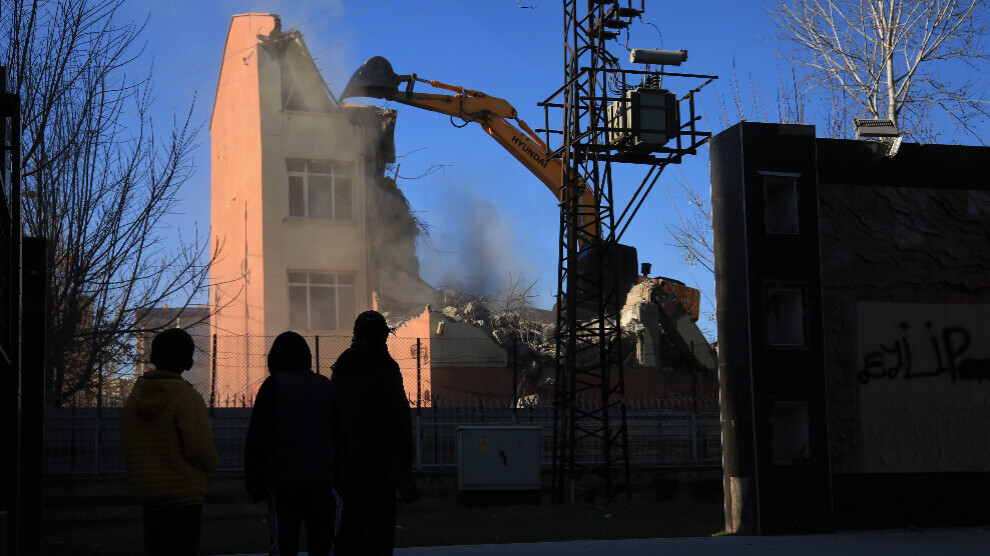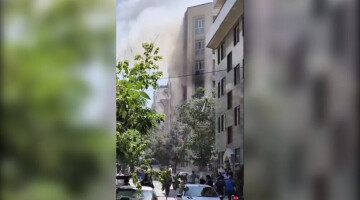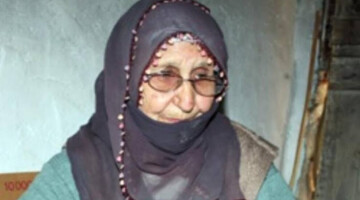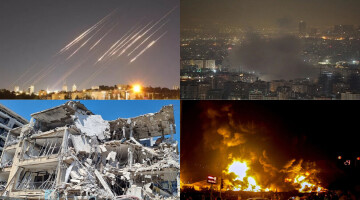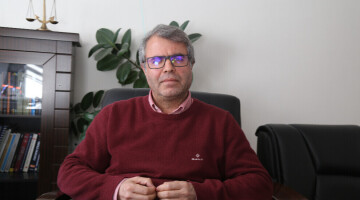There is still no sign of calm in the earthquake region on the border between Turkey and Syria. A 5.2-magnitude tremor hit the central Anatolian province of Niğde on Saturday, according to the Istanbul Seismological Center Kandilli. The epicenter was in the district of Solhan. Shortly before, according to the Turkish civil protection authority AFAD, there had been several earthquakes with a magnitude of more than 4, including in the already badly devastated province of Hatay and in the Kurdish town of Malatya (Meleti). In Bingöl (Çewlîg) the earth trembled on Friday night. The earthquake was of magnitude 4.4. The epicenter was in Solhan. There was no information on casualties or damage.
More than 60 aftershocks were recorded in various Syrian locations within 24 hours, the country's earthquake center announced on Saturday. Two earthquakes were reported in neighbouring Iraq, the state news agency INA reported. There were initially no reports of casualties or damage.
Turkey confirms 44,218 deaths
The number of registered deaths has risen to more than 50,000. In Turkey alone there were 44,218 victims, according to AFAD. The World Health Organization (WHO) recently reported 5,900 deaths in Syria, but the number has not been updated for almost two weeks. According to a statement on Friday evening, the Syrian Observatory for Human Rights (SOHR) assumes that more than 6,700 people have died.
Biggest disaster in Turkey's modern history
According to the Turkish government, 20 million people in the country are affected by the effects of the earthquake series. The 6 February 7.8 magnitude quake has been the worst disaster in Turkey's modern history. Entire cities lie in ruins in eleven provinces. The damage is estimated at up to 80 billion euros. The United Nations assumes that 8.8 million people will be affected in Syria.

